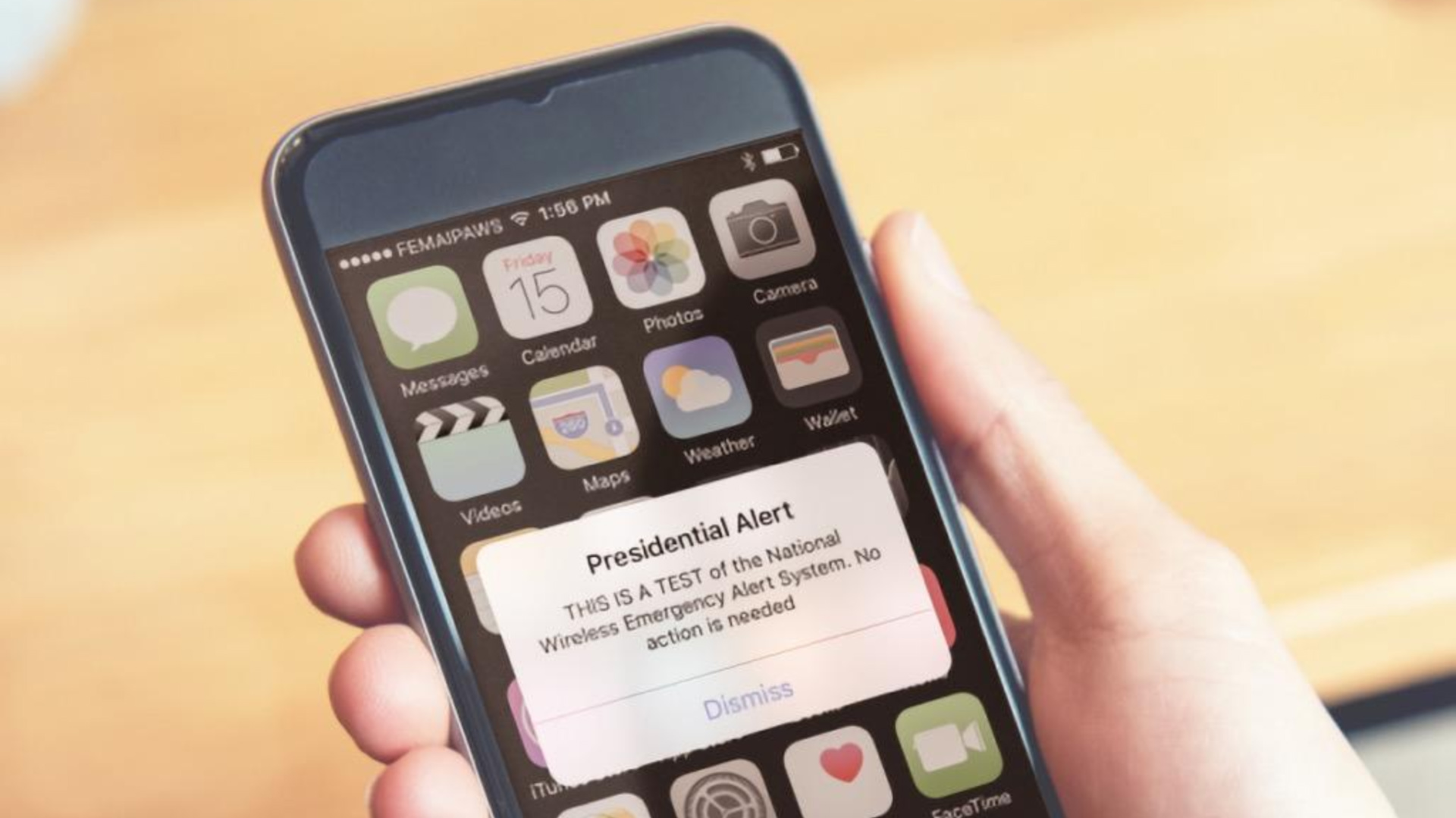
- Here in the US, we sometimes get FCC-sanctioned phone alerts related to national issues or location-specific problems, such as missing children.
- The FCC will be changing this alert system in a few ways, which will include pushing some alerts that won’t allow for an opt-out.
- The changes are a direct result of an erroneous alert issued in 2018 that said a ballistic missile was headed towards Hawaii.
You might not remember a specific instance, but pretty much every smartphone owner in the United States can remember getting an insanely loud national or state-wide alert on their phone. The last one I can remember was for an abducted child recently seen in my city. My phone sounded like a police siren.
These phone alerts are called Wireless Emergency Alerts. As with all other communications systems in the US, the FCC oversees this system.
Related: The best Android phones you can get right now
The problem, though, is that each state controls its own alerts in its own way. Additionally, there are federally-controlled alerts. With so many cooks in the kitchen, as it were, problems are inevitable. We saw such an example in 2018 when people across the country received an erroneous phone alert that warned of an incoming ballistic missile strike against Hawaii. The alert even said “this is not a drill,” which, quite obviously, caused widespread panic.
That alert was the result of a misunderstanding at the Hawaii Emergency Management Agency (there was no missile). This major screw-up is one of the main reasons the FCC feels the whole system needs an overhaul.
Phone alerts: What’s changing?
In a document released this week (via SlashGear), the FCC outlined some proposed changes it would like to make. The biggest change would be combining the current Presidential Alerts with alerts from the Federal Emergency Management Agency (FEMA). The new combined category would be known as National Alerts. You can’t opt-out of the current Presidential Alerts and you would not be able to opt-out of National Alerts, either.
The FCC also lays out plans to “encourage” states to create State Emergency Communications Committees. These committees would oversee the phone alerts for that particular state and give the FCC a way to directly communicate with a group that is in control of the alerts.
Overall, the changes in the document seek to make it less likely for a Hawaii situation to happen again. Simultaneously, it seeks to reign in alerts to prevent people from getting too many of them. Otherwise, their impact won’t be as great.
The FCC is looking for opinions on the proposal before it makes it a requirement.